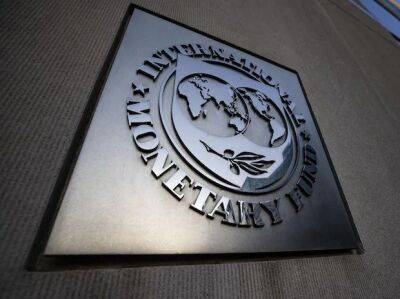IMF gives recommendations to Jordan for rCBDC implementation
With the completion of an International Monetary Fund technical report on Jordan’s markets, the Central Bank of Jordan is one step closer to launching a retail central bank digital currency (rCBDC).
Last year, the IMF conducted a three-month mission to help the bank prepare a CBDC feasibility report. The IMF has only recently published its report.
The IMF gave the existing retail payment market of Jordan a largely positive review, calling it well-integrated while working between July and September 2022.
According to the report, two non-bank payment service providers (PSPs) have generally accessible and appropriate products, and the country has high smartphone penetration.
An rCBDC, however, would improve financial inclusion by offering services to residents who do not have smartphones. It could also help to improve the domestic payment system by opening up its infrastructure to PSPs and lowering the cost of cross-border transfers.
The International Monetary Fund warned Jordanians to avoid disintermediation in the financial system, which could contribute to instability during times of stress.
The Jordanian financial sector has good information security governance and management practices, according to the IMF, but an rCBDC as an attractive target could increase cyber security risks. According to the report, solid legal foundations for an rCBDC should also be established.
“RCBDC may offer some benefits, but it does not necessarily address pain points. On the other hand, a cross-border rCBDC could add value, particularly if the authorities coordinate with other countries in the region,” the report adds.
An rCBDC would not address issues such as low financial literacy and a persistent cash culture.
In February 2022, Jordan’s central
Read more on ambcrypto.com












